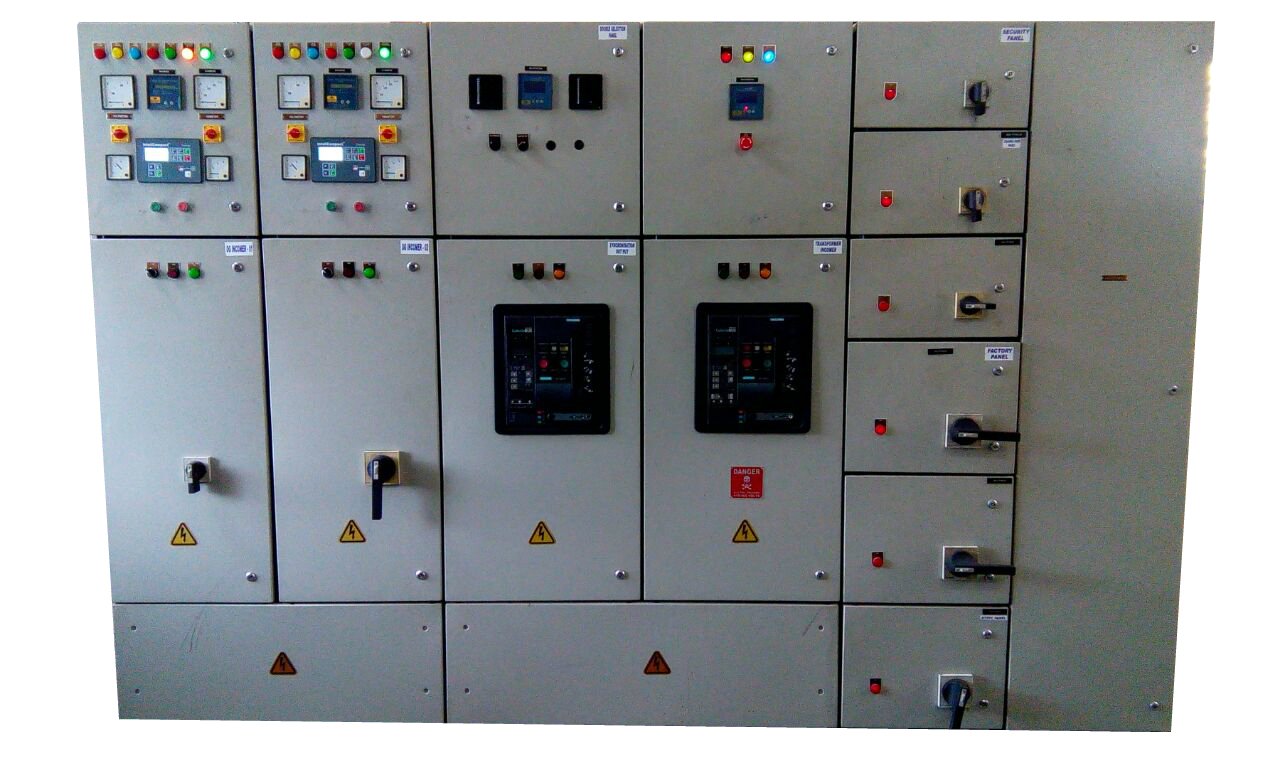Best Electrical Panels Manufacturers

Electrical panels are essential components in electrical systems, responsible for distributing electricity safely and efficiently throughout residential, commercial, and industrial buildings. Their manufacturing process is highly specialized, involving rigorous safety standards and precise engineering to ensure optimal performance. Here’s a closer look at the electrical panel manufacturing industry, highlighting the key processes, components, and considerations that make it crucial for modern infrastructure.
1. Design and Customization
Manufacturing electrical panels begins with the design phase, where engineers assess the specific needs of the application. Electrical panels can be customized to suit various voltage levels, power distribution requirements, and environmental conditions. This design stage is crucial, as it ensures the panel meets safety standards and performs efficiently. CAD software is often used to create accurate blueprints, enabling manufacturers to plan the layout, wiring, and component integration.
2. Component Selection
Electrical panels consist of various components such as circuit breakers, fuses, busbars, contactors, and control systems. Manufacturers source high-quality components from reliable suppliers to ensure longevity and performance. The selection of materials is crucial, as they must withstand high temperatures, electrical loads, and environmental factors like humidity or dust.
3. Fabrication Process
The manufacturing process involves fabricating the panel’s enclosure, typically made from durable materials like stainless steel, aluminum, or polycarbonate, depending on the application. These enclosures are designed to protect internal components from external elements and electrical hazards. Precision cutting, drilling, and assembly are performed using advanced machinery to ensure accurate fitment of all components.
4. Wiring and Assembly
Once the enclosure is ready, the next step is wiring and assembling the components inside the panel. Skilled electricians and technicians ensure proper connections between circuit breakers, busbars, relays, and other devices. Labeling is essential for easy identification and maintenance. This phase also involves testing continuity, insulation, and ensuring that all safety protocols are met.
5. Quality Control and Testing
Before an electrical panel is dispatched, it undergoes rigorous quality control checks. This includes high-voltage testing, functionality tests, and verification of safety standards like IEC or UL certification. These tests are crucial for ensuring the panel can handle electrical loads without overheating, short-circuiting, or malfunctioning.
6. Installation and Maintenance
Electrical panel manufacturers often provide installation services or work closely with electricians to ensure the panels are installed correctly. Regular maintenance, including inspections and replacements of worn-out components, ensures the longevity of the panel and the safety of the electrical system.
In conclusion, electrical panel manufacturing is a critical process that supports the safe and efficient distribution of power in various sectors. With increasing demand for energy efficiency and smart technologies, the future of electrical panel manufacturing is likely to focus on innovation and sustainability.
.jpg)